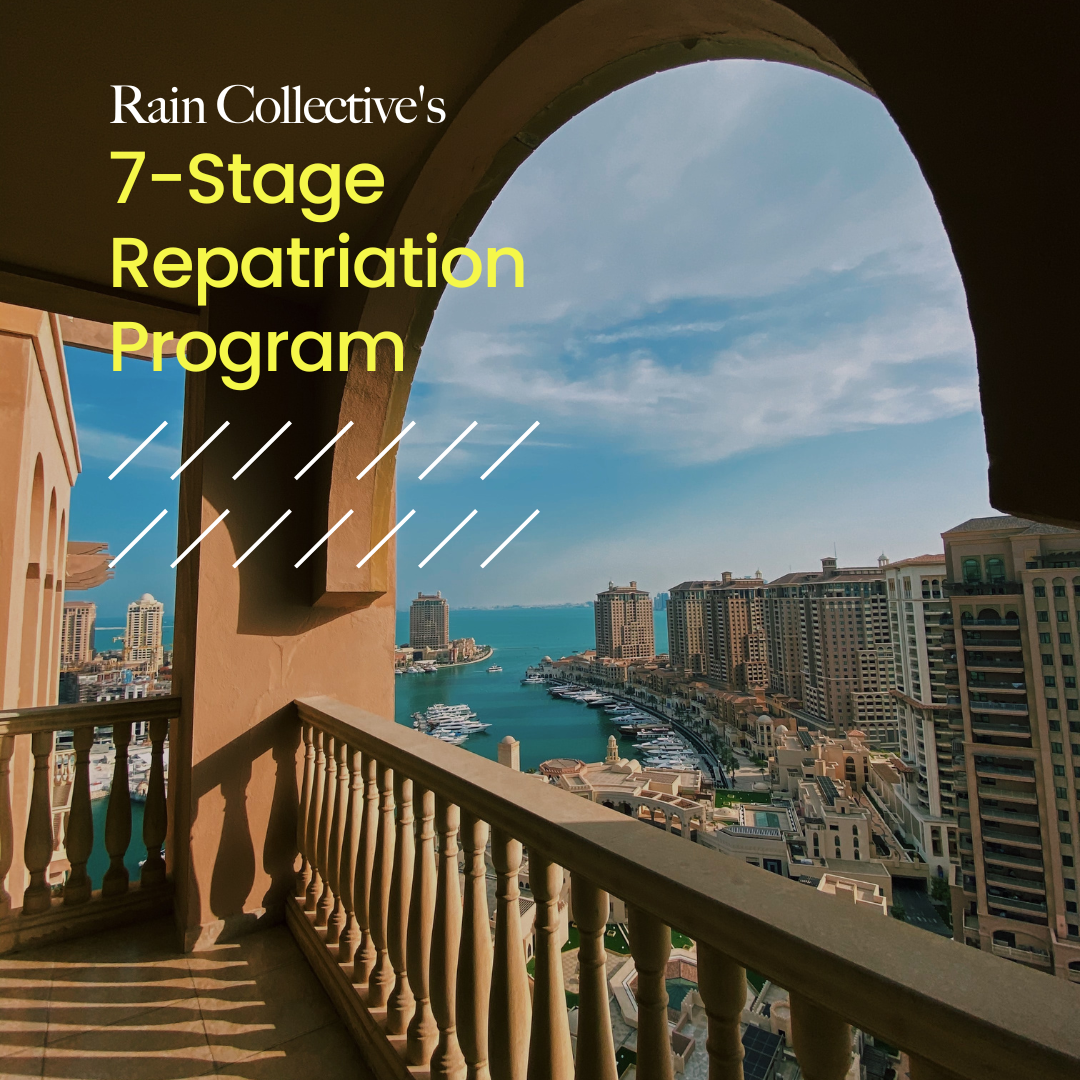7-Stage Repatriation Program
The Rain Collective is working to create a comprehensive repatriation program. There are seven stages to the types of repatriation work we do. These seven stages are outreach, negotiation, emotional support, practical support, aftercare support, reintegration support, and assessments that ensure long-term thriving. Our efforts are to ensure that a person who has survived human trafficking will have the best context to thrive they can have from the moment they are identified as a survivor until they are thriving in a new life.
1) Outreach
We begin the process of repatriation through outreach. Through an extensive network of relationships in the region, we are regularly put in contact with those in need of support. Additionally, we actively engage migrant communities in person and online.
These migrant communities are participated in by survivors, extended families, organizations that support people who have experienced exploitation, government officials in source and destination countries, and migrants who have not experienced abuse. Through these engagements referrals are made to us and we have our first contact with individuals who may be survivors of human trafficking.
2) Negotiation
The next stage of engagement is negotiation. At times these individuals have already left their home and are residing in a safe environment. Other times, a woman may still be in the home where she has experienced exploitation. We work with the woman to navigate ways for her to leave. This includes talking with her, the embassy, the department of labor, her agent, and at times the homeowner to find a way for her to be released from her contract.
3) Emotional Support
During the process we find that we are often offering emotional support to the women we meet. Many of them have endured great emotional and physical trauma and are still in fear of their safety. Their situation can cause them to make decisions without clarity of outcomes. Many of them have expressed that they have felt very encouraged just knowing someone is on the other line. We do our utmost to accompany them in their journey, offering words of hope and reminders that there is a future beyond the trauma they have experienced.
4) Practical Support
During the repatriation process, we offer practical support to women awaiting repatriation. The economic needs expressed during the negotiation stage include covid tests, travel document recovery, plane tickets, emergency housing, and meals. On rare occasions, the sponsor/employer complies and is willing to cover these costs. Sometimes an embassy or family member is able to get involved. Other times when no other resources are available, we use donor funds to pay for these items to ensure the women are safe while they wait for their departure. This is where your gifts and partnership come into play.
5) Aftercare Support
The last three stages in our repatriation program - including aftercare, reintegration and assessments -are similar and inter-connected in that they seek to ensure the long-term thriving of the individual as well as the communities in which they come from.
Once women (and sometimes men) are on the way back to their home country, we ensure they are connected to an organization that can offer strong aftercare support. This support includes short- and medium-term housing, psychological counseling, medical assessments, healthcare, and family reintegration support. In countries where these resources don’t exist, we help to build new partnerships and encourage strengthened ties.
6) Reintegration
Reintegration into community life in a country of origin is only the first step in sustaining a life free from exploitation. We recognize that for many people, the same factors that made them vulnerable to being trafficked in the first place will make them vulnerable to being trafficked again.
7) Assessments
Through developing assessments that ensure long-term thriving we are amplifying the voices of women that have experienced exploitation and ensuring they are not forgotten in five or ten years. Our long-term results will be measured by their well-being ten years from now.
The Rain Collective further supports each of these areas by developing tools and trainings that help others do the work better. One example of these tools is the Victim Identification tool we are developing in Uganda.
We are in the development stage of this research as we speak, and will continue bringing updates as they unfold.







